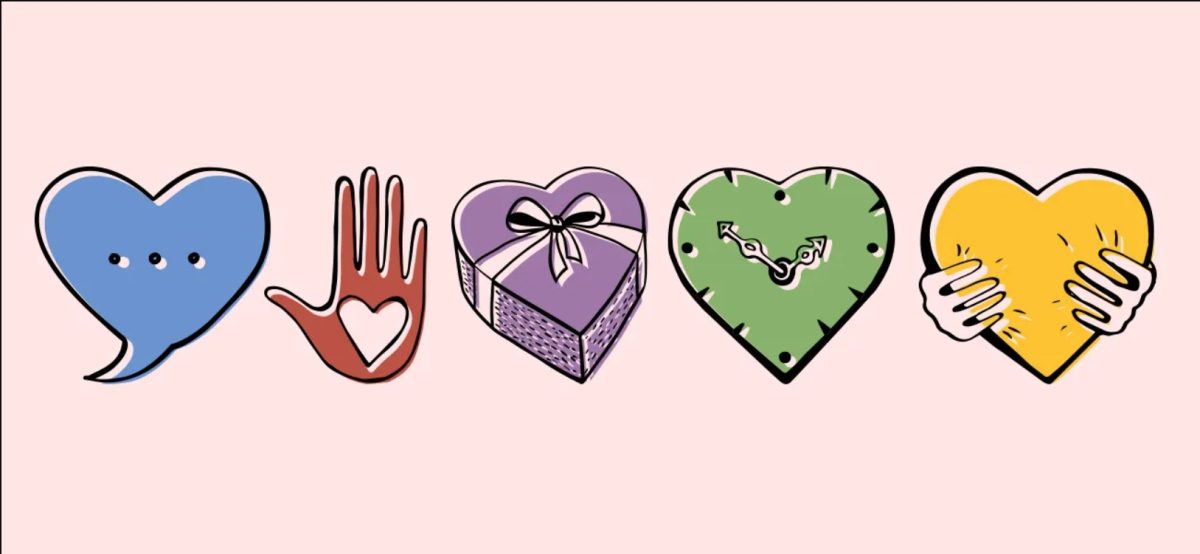Each year, Muslims worldwide eagerly await the sighting of the new crescent moon, which marks the beginning of Ramadan, the holiest month in Islamic culture, and the ninth month of the Islamic calendar.
“It begins the day after the new crescent moon, which can be tricky since it’s quite faint and can be seen for only about 20 minutes,” said Eslah Attar, a Muslim journalist for The New York Times and National Geographic. “If the moon isn’t visible to the naked eye because of haze or clouds, lunar calculations are used to predict whether it’s in the sky.”
Ramadan is usually celebrated around March and April, depending on the Lunar calendar, so the dates shift from year to year.
“Islamic calendar is lunar so it has 355 days instead of 365,” said Saima Hasan, head of community outreach at Islamic Center of Naperville. “Next year Ramadan will begin ten days earlier than this year.”
The word Ramadan means “burning heat”, and it is a common belief that it began on Laylat al-Qadr (the Night of Decree), the day that the Qur’an was revealed to the prophet Muhammad through the angel Gabriel.
“This momentous event marked the beginning of a new chapter in human history, laying the foundation for the observance of Ramadan,” said Kevin Meacham, a journalist for Embrace Relief foundation, a non-profit organization that delivers humanitarian aid to countries.
Throughout the month, Ramadan is celebrated by fasting, the act of not eating during the day.
“Muslims participate in a fast that lasts from sunrise to sunset each day,” junior Maira Alam said. “It’s technically from the first prayer of the day to the 4th fajr [early prayer] to maghrib [the fourth prayer from midnight].”
Fasting is done as a way to demonstrate self-control, restraint, cleanse their bodies, practice humility and remember there are those who do not have access to food as well as be grateful for what they have and strengthen their bond with Allah.
“Fasting is an act of worship that brings Muslims closer to God,” Alam said. “It is also a form of spiritual growth, purity, and discipline to remind Muslims not to take what they have for granted as there are many people who are less fortunate.”
Exceptions to the fasting obligation exist. For example, a lot of the reasons are due to keeping the person healthy. For example, if a woman is pregnant, on her menstrual cycle, or if the person is injured or on medication, they are allowed to abstain from this custom.
“Also, if someone is traveling a distance, road trip or flying, then they are also exempt, but they have to make it up,” junior Suha Khan said.
It is common practice to wait to fast until one hits puberty, around the age of 15, but younger children can participate in the fasting.
“I started fasting in 2014, when I was seven, but before that I would do ‘half days’ where I would end it around 12:00 to 1:00,” Khan said.
Eid al-Fitr marks the end of the month of Ramadan. It is celebrated by offering prayers, exchanging gifts and sharing meals with family and friends.
“Eid-al-Fitr is celebrated with a community wide morning prayer service,” Alam said. “A fun little tradition on Eid is giving money to children, it’s called Eidi.”





